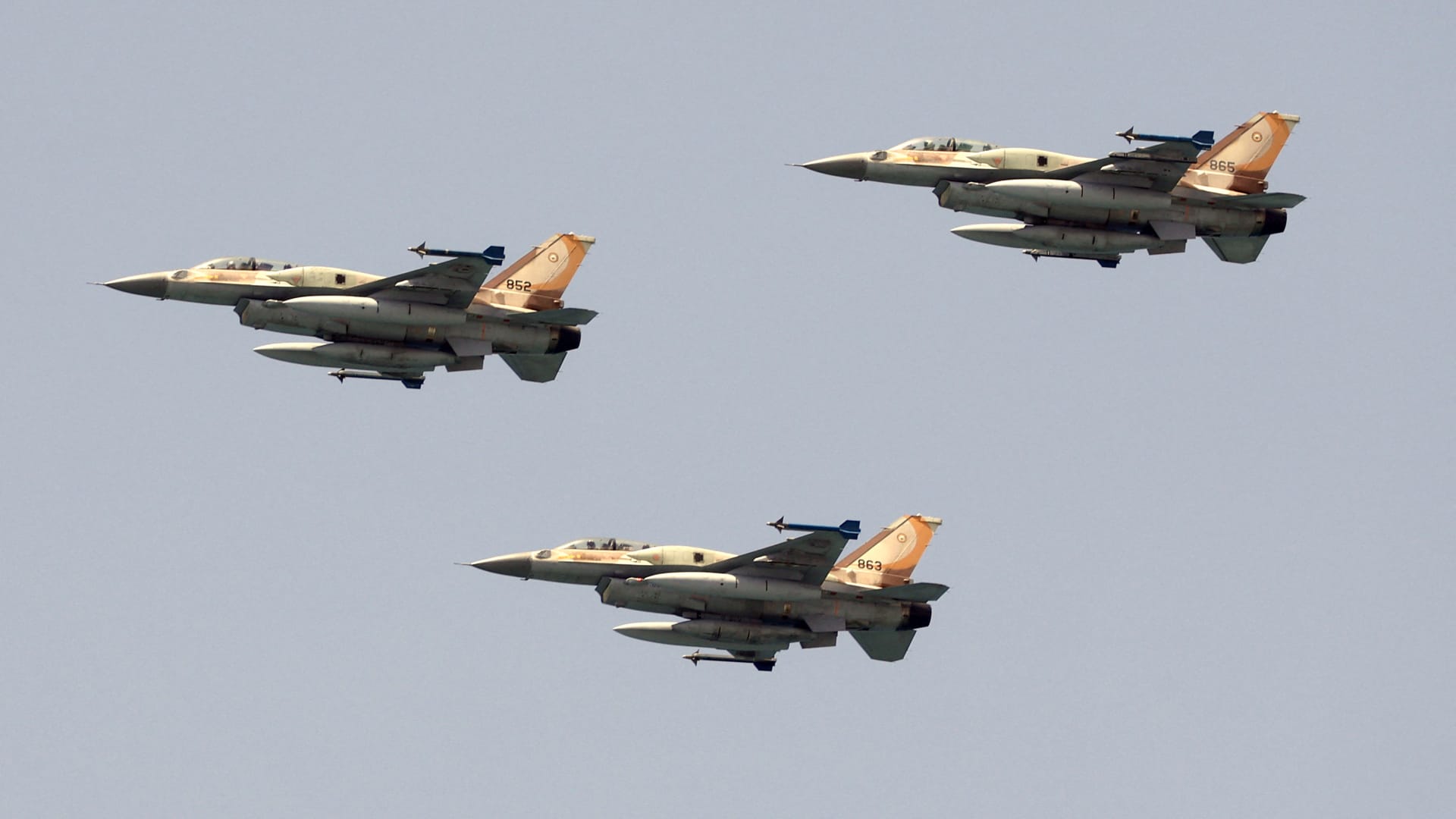U.S. crude oil broke above $87 a barrel on Friday as futures rallied on reports that Israel is preparing for a direct attack by Iran this weekend, in what would be the biggest escalation of Middle East tensions since the start of the Israel-Hamas war last October.
The West Texas Intermediate contract for May delivery gained $2.32, or 2.73%, to $87.34 a barrel. June Brent futures added $2.13, or 2.37%, to $91.86 a barrel.
Israel is preparing for a direct attack by Iran on southern or northern Israel as soon as Friday or Saturday, a person familiar with the matter told The Wall Street Journal. A person briefed by Iran’s leadership told the Journal that no final decision has been made, though plans for a strike are under discussion.
People familiar with Western intelligence assessments told Bloomberg News that an attack by Iran, or its proxies, with drones and missiles against Israel could some as soon as the next 48 hours.
The U.S. embassy in Jerusalem Thursday restricted government employees and their families from personal travel outside Tel Aviv, Jerusalem and Be’er Sheva “out of an abundance of caution” until further notice.
Iran’s Supreme Leader Ayatollah Ali Khamenei has vowed to punish Israel for a missile attack on the Islamic Republic’s consulate in Damascus, Syria last week that killed seven Iranian military officials. Oil prices rallied after the consulate attack, though futures are down slightly this week as inflation data and U.S. crude stockpiles have weighed on the market.
Israel has warned Iran it will strike back against the Islamic Republic if Tehran attacks Israel.
“If Iran attacks from its territory, Israel will react and attack in Iran,” Foreign Minister Israel Katz said on the social media platform X Wednesday, tagging Ayatollah Khamenei.
Brent crude oil futures could spike to $100 a barrel if Iran directly attacks Israel, according Bob McNally, president of Rapidan Energy and a former senior energy official in the Bush administration. If the escalation leads to a disruption in the Strait of Hormuz, a critical trade route for oil, prices could surge to $120 or $130 a barrel, McNally told CNBC.










